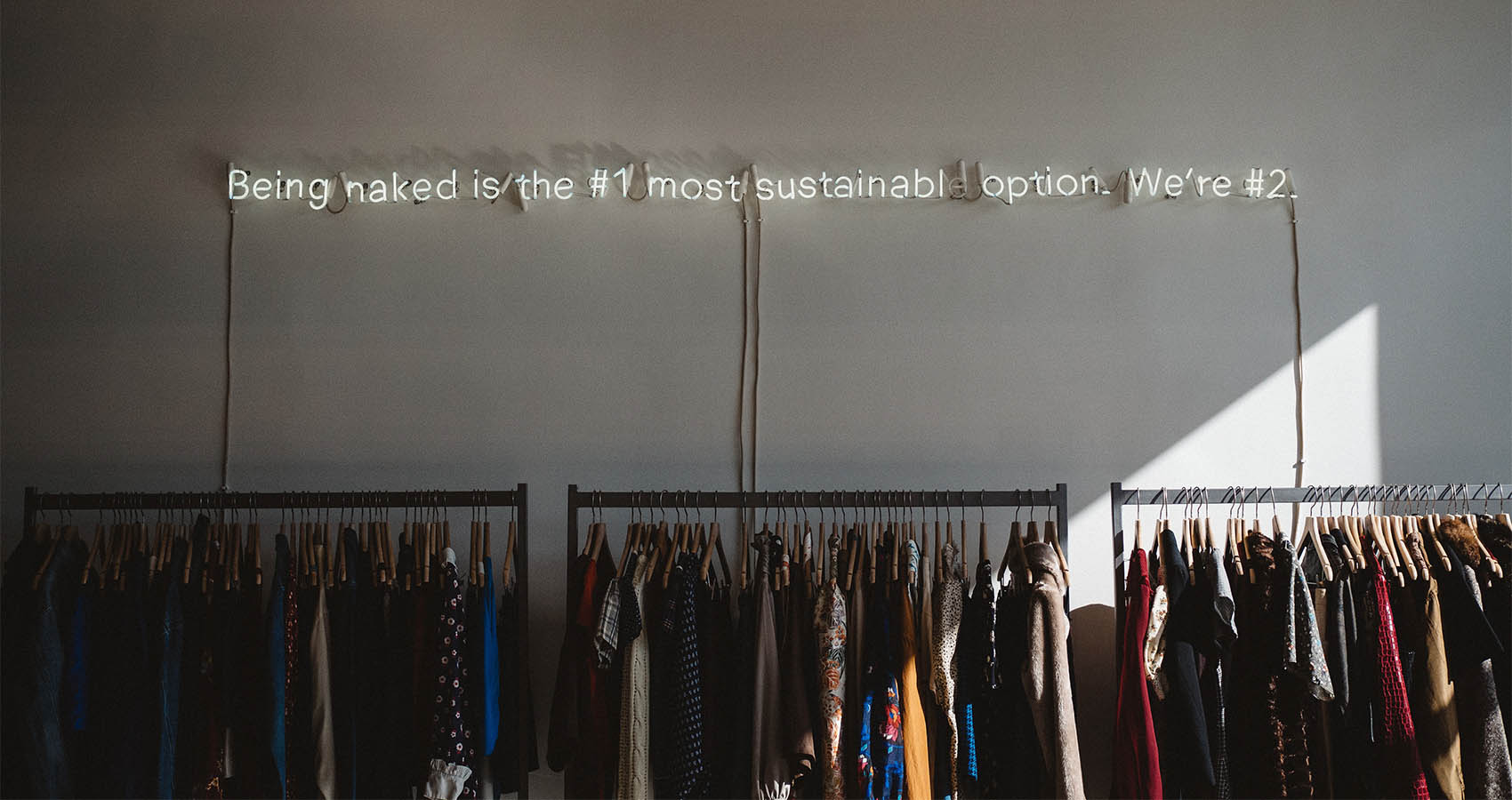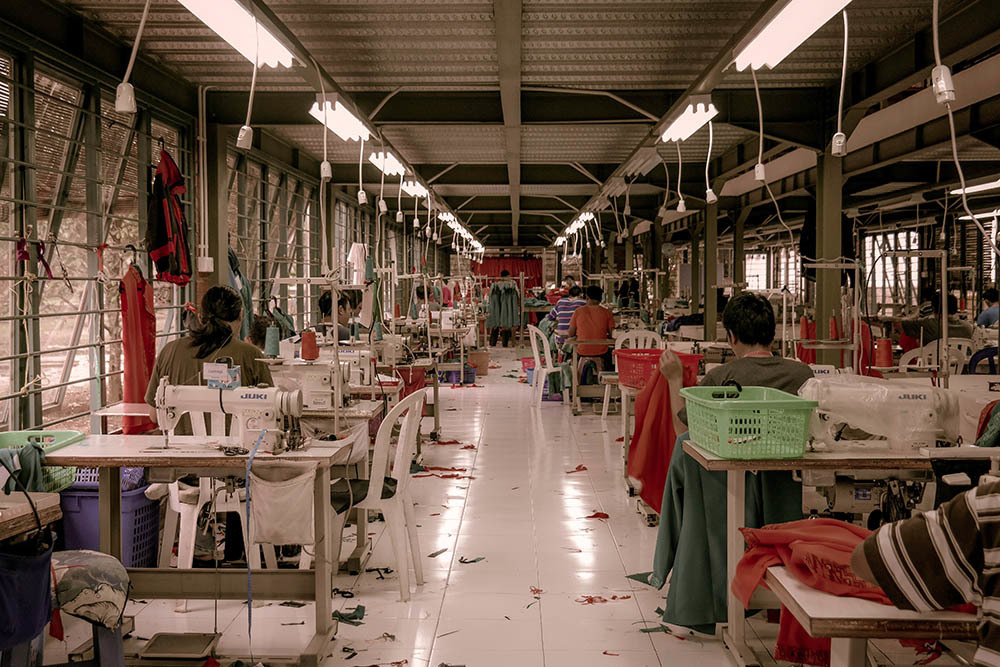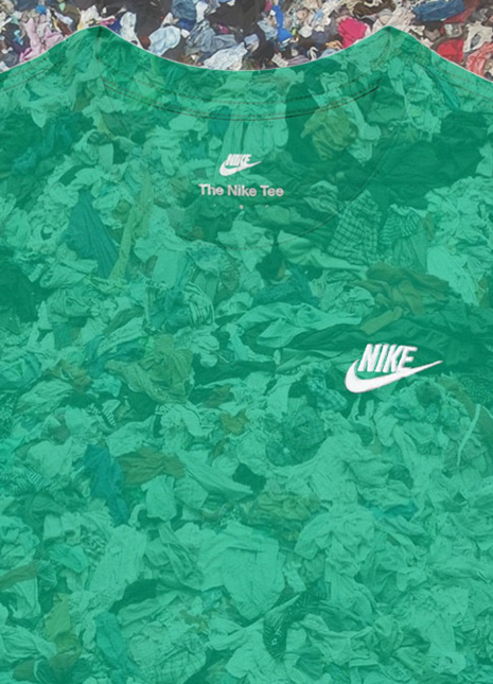
The Advantages of Purchasing Eco-Friendly Organic Clothing
Cotton farmers who do not use any biochemical fertilizers.
How do you determine the fundamental characteristics of a dress or suit when you are on the lookout for the perfect one? Color, cut, style, and fit are all common considerations when making a purchase decision, and they all have an impact. What about the quality of the materials? We are not referring to the type of fabric, such as cotton, silk, wool, or leather, in this instance, but rather the material itself. It is time to take a step back and delve deep into the material's history in order to uncover its origin story. It is now necessary to determine whether the clothing material is organic or inorganic in nature. Organic fruits and vegetables are preferred by health-conscious individuals because they are beneficial to one's overall health. Organic foods have gotten a lot of attention lately, both verbally and in print. It is past time to shed some light on the subject of "organic clothing." If you're hearing about it for the first time, keep reading to find out more about how it's going to take over the fashion world in the near future.
Every article of clothing that is made from the organic cotton thread will fall under the category of "organic clothing." For the most part, organic or natural cotton crops are produced by cotton farmers who do not use any biochemical fertilizers, chemicals, or pesticides in their production of the cotton crop. Organic cotton growers, like organic food producers, improve the quality of their yields by using natural fertilizers that have been approved by the USDA. The production of more organic fibers not only helps to protect the environment from pollutants, but it also has other advantages.
Organic clothing is good for the skin

Have you been experiencing skin rashes, itching, and redness, but have been unable to pinpoint the underlying cause? If so, you're not alone. It's about time you took the time to read your clothing tag. In addition to having negative effects, the uncontrolled use of chemicals and pesticides to increase yield and keep pests away also has negative consequences. Eventually, the chemicals become dissolved in the soil water and make their way into the plant's internal circulation system. The results of tests have confirmed that cotton thread derived from non-organic cotton plantations contains a high concentration of potentially harmful chemicals. Infections of the skin occur when these threads are woven together to form a garment, and the garment comes into contact with your skin while you are wearing it. You will not have to be concerned about this issue if you wear organic clothing.
The environment will benefit from this process
The widespread use of harmful chemicals not only alters the natural properties of fabrics, but it also has a negative impact on the environment. It causes soli, subsoil water contamination, and air pollution all at the same time. When chemicals are used, they easily leach into the soil's sub-layers, where they eventually reach underground water reservoirs and pollute them. These chemicals also release harmful gases into the atmosphere. A rise in the use of organic clothing and sustainable sandals will draw attention to the development of natural and safe agricultural processes. It will also result in a significant reduction in environmental pollution over the short term.
An increase in the affordability of garments

Organic fertilizers are relatively inexpensive. It means that farmers will not have to spend as much money on organic cotton cultivation as they would otherwise. The lower prices for cotton growers will, in turn, allow them to sell their produce at a lower cost to thread manufacturers or garment manufacturing companies. The overall cost of garment manufacturing will continue to be reduced as a result of this chain reaction. As a result, clothing will become more reasonably priced.
Raising public awareness and responsibility
If the human race is to continue to thrive, it is imperative that immediate action be taken to reduce environmental pollution. Simple blazer coats made of organic cotton or linen may not seem like much, but they can make a significant difference in saving the environment. The popularity of organic clothing, as well as the emphasis placed on its marketing, raises public awareness of the issue.
Reduces casualties at factories

Organic fabrics must be treated with harmful chemicals in order to be usable. The ingestion of these chemicals can cause soars, boils, and even death if they come into contact with the body. Organic fabrics can be treated or colored in a simple manner, thereby eliminating the need for harmful chemicals. As a result, the cloth manufacturing process will become less hazardous for those who work in tanning or dyeing shops.
Maintenance is easy
When it comes to artificially treated fabrics, more attention must be paid to them. If you do not adhere to the care instructions, your priceless garment will lose its luster and appearance over time. These garments must be cleaned by a professional dry cleaner. The care and maintenance of clothes made from organic threads, on the other hand, is very straightforward. You won't have to worry about spending hundreds of dollars on dry cleaning. Another advantage is that these garments do not lose their sheen as quickly as other fabrics.
Apparel is of better quality

In order to prioritize superior quality and comfort above all other considerations, organic clothing must be your first choice of clothing. Garments made from organically grown and treated fabrics have a softer and more breathable feel than their inorganic counterparts, according to research. The absence of chemical treatments also contributes to the overall improvement in the quality of the products.
Conclusion
Organic or environmentally friendly clothing is becoming increasingly popular among millennials and Generation Y. Because they will make up the majority of the future fashion market, more and more designers and garment manufacturing companies are becoming aware of the importance of embracing this policy. If the fashion industry can play a proactive role in reducing environmental degradation, it will be a truly revolutionary step forward. It only takes one small change to produce a slew of beneficial outcomes.











